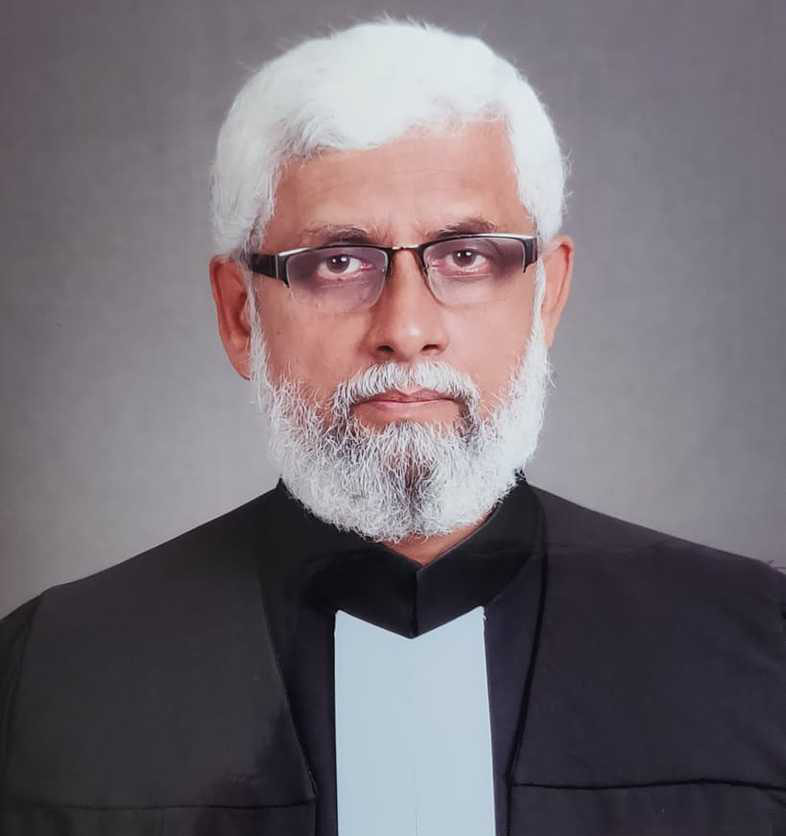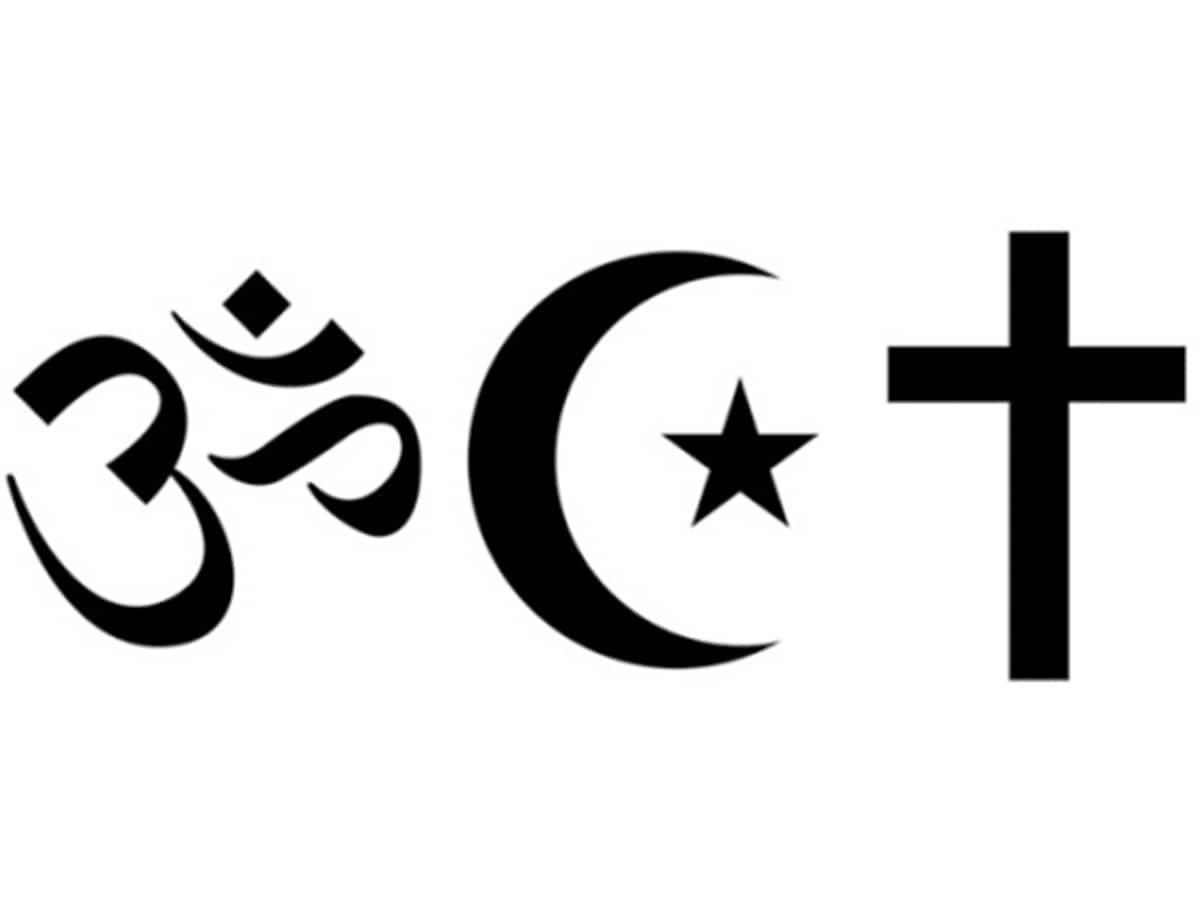
Celebrated poet writer activist patriot Rahat Indori passed away recently. About him, something at the end.
Recently a retired judge sent me an article titled “Want to preserve secularism in India? Well, preserve the Hindu ethos first.”
Baap re! Kya title sonchaa hai! Meri toh hawaa uthar gayi.
Ethos: the characteristic spirit of a culture, era, or community as manifested in its beliefs and aspirations.
Refer my previous writings. How is belief manifested? By conduct. So, would it be proper to say the Hindu ethos is what is manifested by Hindu beliefs which in turn are manifested by the conduct of the “majority of” Hindus? No. Good. (Does that change if we change Hindus to Muslims? No? Great!) Next question. Which Hindus? This present-day majoritarian aggressive posturing: is it representative of Hindus, or representative of Hindu ethos? Need to respect distortions of facts? No? Fantastic!
I am compelled to ask because, despite the answers being obvious, the gentleman-writer asks these questions:
“How could Indian courts recognise Sharia-based Muslim Personal Law while claiming to be secular? How could Central and State governments take over the management of Hindu temples if they were secular? How could a secular government provide financial assistance to educational institutions run by religious organisations? How could a secular government codify and modify Hindu personal law? How would the government extend the existing caste-based reservations to minority religions if it were secular?”
The brief answer is obvious. “Read the Constitution. Understand it instead of misinterpreting it to suit an anti-minority mindset.”
Let’s take each* in italics and answer. I can’t help if this is long, because I have to say what is said to answer it.
*How could Indian courts recognise Sharia-based Muslim Personal Law while claiming to be secular? #Answer: Not could; are bound to because (as you obviously don’t know) the Constitution saves that law. What level of a “best-selling author” are you?!
*How could Central and State governments take over the management of Hindu temples if they were secular? #Answer: Just like State takes over Waqfs if they are mismanaged. Just like Taj Mahal or a Mecca Masjid.
*How could a secular government provide financial assistance to educational institutions run by religious organisations? #Answer: Because affirmative action is ingrained in the Constitution like, you know, 30% reservation for women is not void as gender based discrimination. Likhnaa rok ke kabhi kuchh paddh bhi liyaa karo, yaar.
*How could a secular government codify and modify Hindu personal law? #Answer: There were issues that were considered obstructive, decadent, oppressive. Rampant caste-based hierarchies played havoc with human rights: should the caste system have been continued? Visionary statesmen intervened to make changes which Parliament approved, codifying law.
*How would the government extend the existing caste-based reservations to minority religions if it were secular? #Answer: No reservation is or can be extended to minority (or any) religions. That would be unconstitutional. Reservations are extended to backward groups, basis backwardness, not religion. Do best-selling authors desire minorities to be denied everything, and try to cloak their malice in high-sounding verbal sleight-of-hand using phrases like “seamlessly integrated fifth generation juxtaposition” which mean nothing, to sound “intellectual” and cover up hollowness of thinking? Just asking.
Our gentleman-writer adds “*The framers of the Constitution were subtly saying that the Indian ethos was essentially Hindu in character but that ethos implied an ingrained respect for and tolerance of all faiths.” #Answer : “Tolerance for”. What do you tolerate? Something that is otherwise a nuisance. Thank you for revealing your mindset, by speaking of Islam and Christianity as “to be tolerated”, revealing you deem yourself superior, and that these are inconveniences for your types? You are welcome to your limiting, exclusionist, majoritarian mentality.
*Even in politics, seeking Muslim votes by appealing to the Imam of Jama Masjid was considered smart but appealing to Hindu seers was communal. #Answer: Really? Who do all politicians run to at every election? Which priests of which shrines are sought after to bless whom? Get real, friend.
*The Hindus, including myself, felt that there was a permanent burden on us to continuously ‘prove’ our secular credentials; to constantly apologise for actions that could be perceived as non-secular in this country. #Answer: Every blast, every riot, even now a pandemic: who is in the State’s cross-hairs? Who is the party blamed? What did the Bombay High Court say a few days ago about the targeting of Tablighi Jamaat? When will your types stop sanctimonious pretence and face facts?
*Many Hindus share the collective victimhood of years of Muslim and Christian assaults on Hindu civilisation.# Answer: Correction: there was no Christian or Muslim assault on Hindu civilisation. There were wars, between kingdoms, some led by Muslim rulers, some led by Hindu rulers. Interestingly (read Ram Puniyani’s writings for distortion-free factual history) Hindu ruler’s armies were often led by Muslim generals, and vice versa. These were wars for expansion of kingdoms, and plunder was how armies those days conducted themselves. What led to Ashoka’s giving up of worldly pursuits? By referring to those as “Muslim and Christian assaults on Hindu civilisation” you are deliberately poisoning the already highly vitiated atmosphere. Doubtless such people gain followers, but at the cost of a nation’s already fractured integrity. By the way, what really is a desh drohi?
He gives *the example of the Somnath temple. #Answer: attacked seventeen times, never for religious reasons, always for gold.
*None of today’s Hindus were present when any of those acts happened but we all carry collective memories of that victimhood. #Answer: Oh?! Let me understand: your basic story-line is, regardless of what riot after riot, genocide after genocide, plunder-murders-destruction after plunder-murders-destruction, arson-loot-usurpation after arson-loot-usurpation ad nauseam from the late 1800s to the present has occasioned, it is only the Muslims and the Christians who are the aggressors and we the Hindus are the victims of four centuries past, and we shall nurse those ancient events and continue the present climate of riot, genocide, plunder, usurpation etc., for the next few hundred years till our “collective victimhood”, whatever that is, becomes collective Gaurav. And you, you Muslims and Christians, beaten, denied rights, victimized by hostility in officialdom and more, meriting caustic comments by High Court judges at State bias and discriminative action…but no, we minorities are the aggressors. Some diseases are incurable. Can I wish such people get well soon, or would that tantamount to sedition and hurting someone’s sentiments causing me to be incarcerated? Sensitive times, these.
He talks of *Kashi Vishwanath in Varanasi, Keshavnath temple in Mathura and says *Ayodhya, Kashi and Mathura—were all destroyed and rebuilt as mosques. #Answer: he relies elsewhere on the judgement in the Babri Masjid case and says the Ram Temple is being built pursuant to a Court order. Well, we will leave that Court order where it is, since it has seen responses from all over the world. But as to that very faislaaa, munsifaanaa or not, did it hold that a temple was destroyed? No? Then where the heck did you conjure up that from, friend? Fabricating, are we?! I suppose writing fiction makes one blur the lines between fact and imagination. Quite understandable.
He then attempts dramatics. He refers to *Quwwat-ul-Islam mosque and says Outside the mosque is a plaque that (sic: his words) proudly announces that the mosque was built using parts recovered from the demolition of 27 Hindu and Jain temples. #Answer: one, what this chap refers to as “proud announcement” is actually a mere allegation. What he does not say is who put up the plaque, because that is a bit inconvenient: the plaque was put up by the ASI, a State body, which can be manned by people with “interesting inclinations”! For the record, there is some evidence of stones from temples in the construction of the mosque, but whether these were stones from ruinous remains, nobody can say. Being a Hindu, the writer prefers to believe I destroyed that temple and used that material to build that masjid. Poor chap. Shaqq ka toh koi ilaaj hai hi nahin. One Court rules despite absence of evidence, despite violation of law, despite everything else, that a temple should be where a masjid was till illegally destroyed, so these allegations of such people are but minor irritants, not to be taken seriously.
Second and final part of the column will be published on August 26.
Shafeeq R. Mahajir is a Hyderabad-based nationally known lawyer

